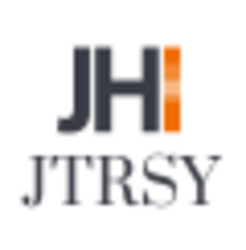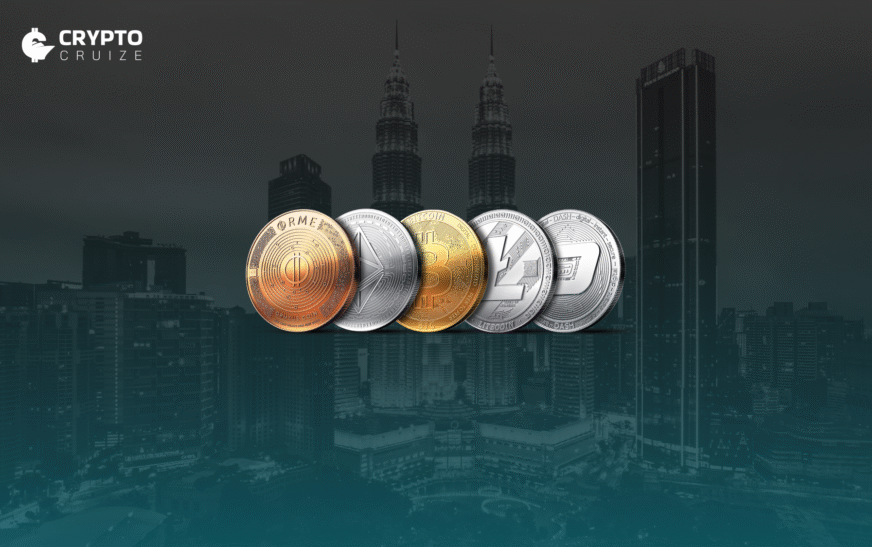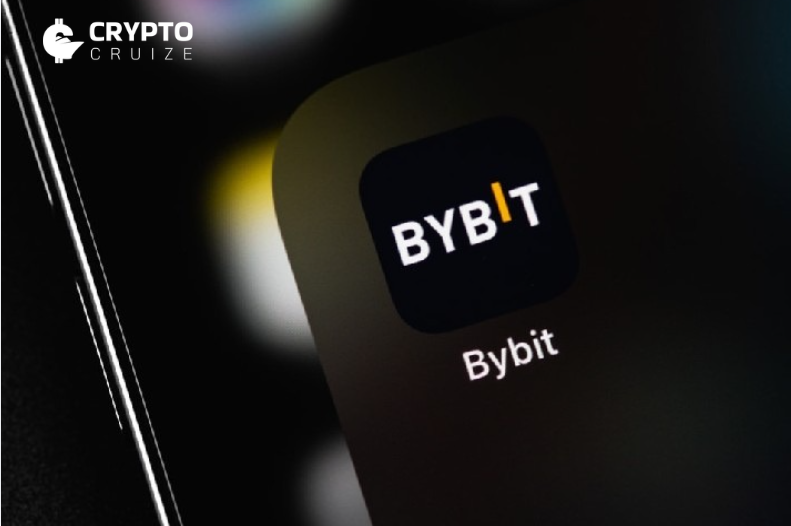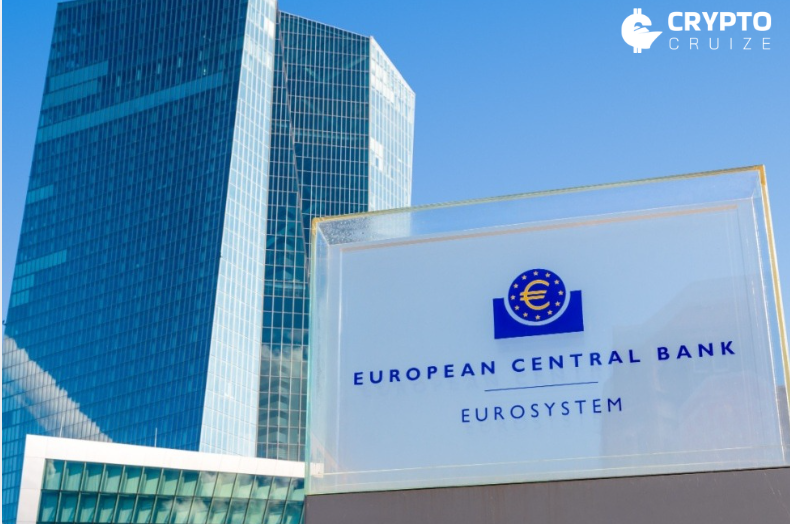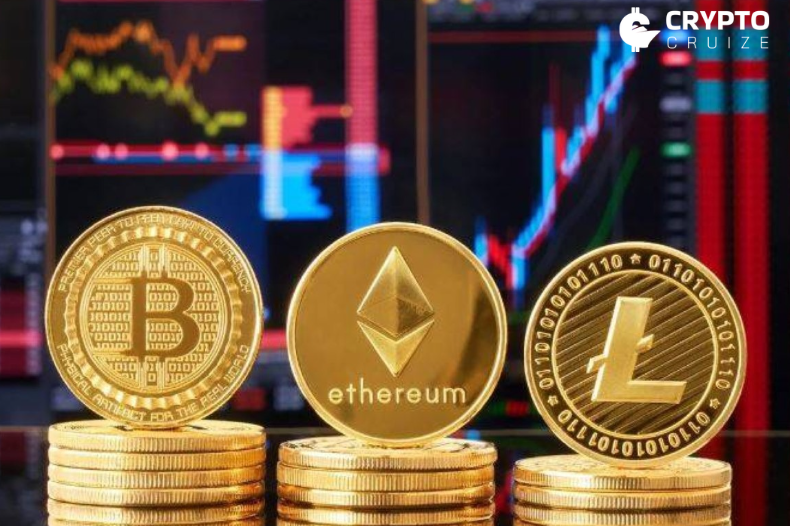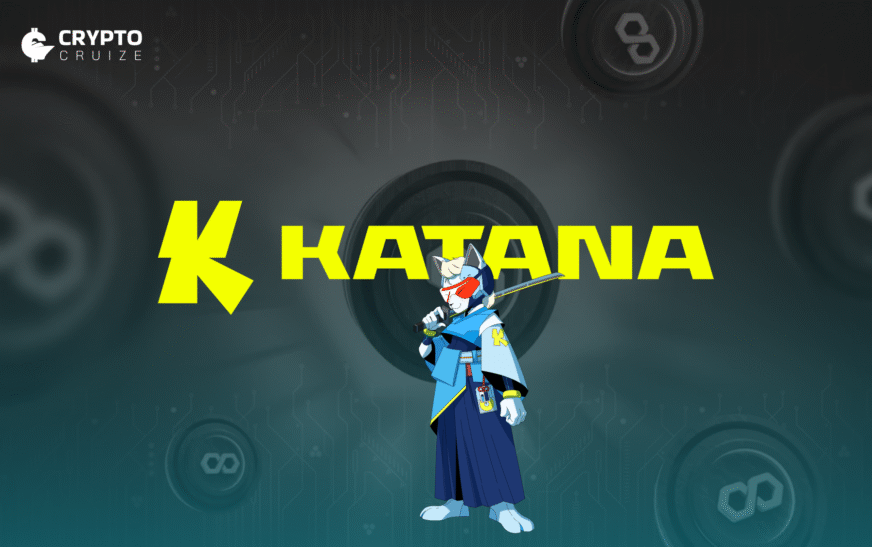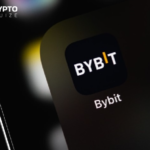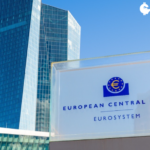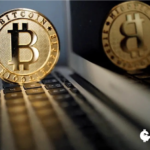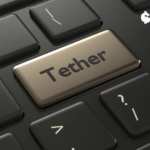Regulator seeks public input on new framework aiming for speed, accountability, and innovation
Malaysia’s Securities Commission (SC) is proposing a major shift in how digital assets are listed on cryptocurrency exchanges, aiming to streamline the process and promote greater accountability among operators. The new framework, currently open to public consultation, could allow certain digital assets to be listed without prior approval from the regulator.
The proposed rules, announced on Monday, are intended to speed up the time-to-market for new tokens, broaden investment options, and place more responsibility on crypto exchanges themselves. The SC has invited feedback from the public and industry participants to assess the potential impact of the changes.
Proposed Self-Listing for Qualified Assets
Under the draft proposal, digital assets that meet specific conditions could be listed on exchanges without the SC’s explicit approval. These criteria include:
- The asset must have been traded for at least one year on a platform compliant with the Financial Action Task Force (FATF) guidelines.
- The asset must have undergone a security audit, with the results made publicly available.

According to the SC, this liberalised approach is designed to foster innovation in the sector while ensuring that exchanges bear full responsibility for listing decisions. “This aims to accelerate time-to-market, increase operator accountability and widen product offerings,” the Commission said in its statement.
Exchange Accountability in Focus
A key element of the proposal is shifting regulatory focus from pre-approval to post-listing compliance. The SC emphasised that exchanges would be held accountable for verifying that listed assets meet the established criteria, including transparency and security standards.
This move aligns Malaysia’s regulatory stance more closely with other global crypto-friendly jurisdictions that have adopted more flexible approaches in an effort to keep pace with the fast-evolving digital asset landscape.
Public Feedback on High-Risk Asset Classes
In addition to the streamlined listing process, the SC is seeking views on whether certain categories of digital assets should be allowed for trading at all. These include:
- Privacy Coins: Assets like Monero (XMR), which offer enhanced anonymity. The SC warned that such tokens may attract individuals involved in illicit activities, raising concerns around money laundering and terrorism financing.
- Memecoins: Tokens based on internet trends or popular culture, such as Dogecoin or Shiba Inu, often experience extreme price volatility and are considered speculative.
- Nascent Utility Tokens: Newly launched tokens with low market demand may pose higher risks due to limited use cases and liquidity.
The SC is especially cautious about the lack of transparency and high volatility associated with these categories, noting that they could undermine investor protection and financial stability.
Balancing Innovation and Investor Protection
While the regulator is keen on modernising its oversight of crypto markets, it also aims to maintain a balance between encouraging innovation and safeguarding the financial ecosystem.
Industry players and the public are encouraged to submit their views during the consultation period, which will help shape the final policy framework. If adopted, Malaysia could join a growing list of countries that are relaxing crypto regulations to better support digital finance.
The move comes at a time when Southeast Asia is emerging as a hub for blockchain development and cryptocurrency adoption, positioning Malaysia to play a more prominent role in the sector’s future.



































